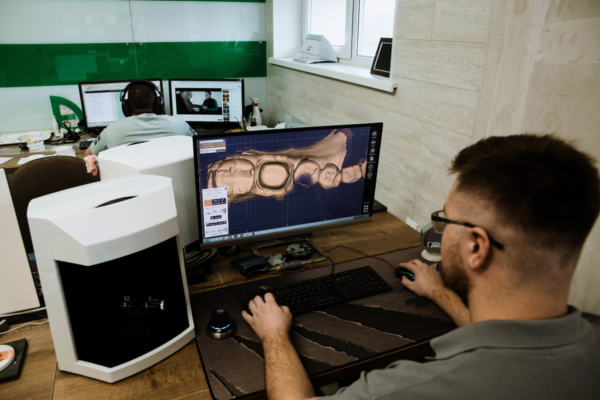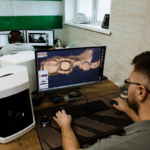Table of Contents
Introduction
Can you imagine designing complex machines, buildings, or automobiles without Computer-Aided Design (CAD)? Before the advent of CAD, engineers relied on manual drafting, which was time-consuming, error-prone, and restricted innovation. Today, CAD has become an integral part of modern engineering, transforming the way products are designed, tested, and manufactured.
At Diagonal CADD, Chennai, we emphasize the importance of CAD training for aspiring engineers and professionals. In this blog, we’ll explore the challenges of engineering without CAD, how it affects productivity, and why mastering CAD is essential in today’s competitive landscape.
The Traditional Era: Engineering Before CAD
Manual Drafting – The Old-School Method
Before CAD software, engineers and architects used pencils, rulers, protractors, and compasses to create blueprints. Drafting boards filled with stacks of paper drawings were common in engineering offices.
Challenges of Manual Drafting




Without CAD, engineering innovation was slow, and complex projects faced delays and increased costs.
What Happens When Engineering Works Without CAD?
Despite technological advancements, some companies still rely on outdated drafting techniques. Engineering without CAD leads to numerous inefficiencies:
 Errors & Inaccuracies Increase
Errors & Inaccuracies Increase
Without CAD, designs are manually drawn, increasing the chances of misalignment, incorrect dimensions, and human errors. These mistakes impact product quality and increase production costs.
 Collaboration Becomes a Nightmare
Collaboration Becomes a Nightmare
Manual drafting limits team collaboration, as sharing paper-based drawings is inconvenient. CAD software enables real-time modifications, remote access, and cloud storage, streamlining teamwork.
 Design Iterations Take Longer
Design Iterations Take Longer
Innovation requires continuous refinement. Without CAD, modifying a design means starting from scratch, delaying projects and frustrating engineers.
 Manufacturing Becomes Inefficient
Manufacturing Becomes Inefficient
Modern industries use CAM (Computer-Aided Manufacturing) for automated production. Without CAD, generating accurate machine instructions (G-code) for CNC machines becomes nearly impossible.
 Limited Simulation & Testing
Limited Simulation & Testing
Without CAD, engineers cannot run simulations to test product durability, aerodynamics, or stress analysis. CAE (Computer-Aided Engineering) tools, integrated with CAD, help predict failures before production.

The Role of CAD in Modern Engineering
CAD is not just a design tool—it is a powerful engineering solution that enhances creativity, accuracy, and productivity. Let’s look at how CAD has transformed various industries:
 Civil & Architectural Engineering
Civil & Architectural Engineering


 Automotive & Aerospace Industry
Automotive & Aerospace Industry


 Manufacturing & Product Design
Manufacturing & Product Design


 Electrical & Electronics Engineering
Electrical & Electronics Engineering


At Diagonal CADD, Chennai, we offer expert training in CAD software, ensuring students and professionals develop industry-ready skills.
Why CAD is a Must-Have Skill for Engineers?





At Diagonal CADD, Chennai, we provide practical training on leading CAD software like:




How to Get Started with CAD?
Want to master CAD and secure a high-paying job in engineering? Follow these steps:





Why Choose Diagonal CADD for CAD Training in Chennai?





At Diagonal CADD, Chennai, we help students and professionals build expertise in CAD and secure rewarding careers in engineering.
Conclusion
Engineering without CAD design is like building a skyscraper without a blueprint—impractical, risky, and inefficient. As industries embrace automation and AI-driven design, CAD has become an essential tool for engineers, architects, and product designers.
 Want to future-proof your engineering career?
Want to future-proof your engineering career?
 Join Diagonal CADD today and become a CAD expert!
Join Diagonal CADD today and become a CAD expert!












 Thank you for reaching out to Diagonal CADD. How can we assist you today? Are you looking for training, placements, or franchise opportunities? Let us know, and we’ll guide you further!
Thank you for reaching out to Diagonal CADD. How can we assist you today? Are you looking for training, placements, or franchise opportunities? Let us know, and we’ll guide you further!